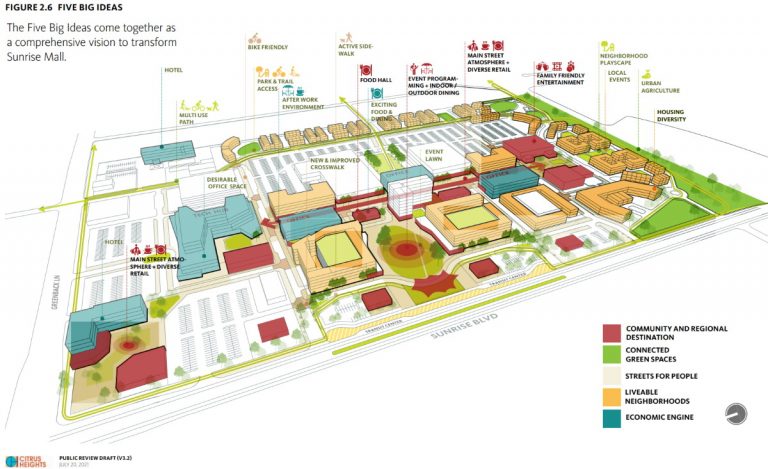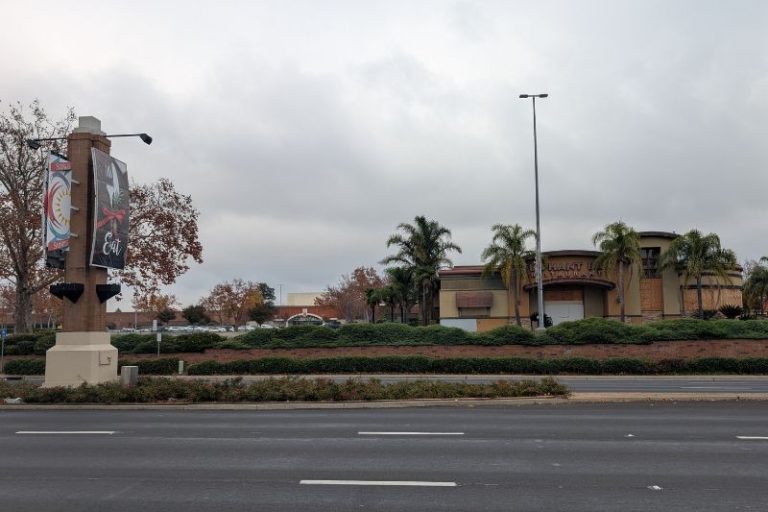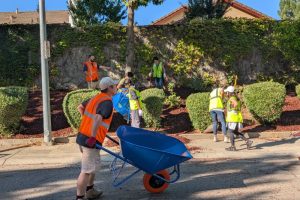By Sara Beth Williams–
As Citrus Heights continues implementing its Economic Development Work Plan, recent updates presented to the City Council highlighted two closely aligned priorities: expanding small business support and strengthening the city’s internal culture around economic development.
The Small Business Support and Innovation section of the workplan emphasizes the city’s commitment to empowering local entrepreneurs and creating a thriving small business ecosystem.
Over the past six months, city staff have focused on laying the foundation for expanded technical assistance programming, outreach to local established businesses, and partnership building. The Economic Development and Community Engagement Department said their first step was to mail out business tool kits to businesses, which included a welcome letter, and a list of resources and contact information. Secondly, the city said they have begun collaborating with small businesses to offer technical and operational support, helping with cash flow projections, and pointing businesses to other workshops or resources.
Another key element in the progress of helping the city help small businesses, is an upcoming business survey, which will collect important data on the needs of small businesses across the city. The survey results will guide where targeted support, and resources can be most effective in the future.
Grassroots collaboration has also played a key role. Staff have worked directly with business owners to explore pop-up activations within local shopping centers—temporary events or retail experiences that could help attract customers and test new ideas.
The goals outlined in this section of the workplan set clear benchmarks, including the goal of supporting more than 100 businesses annually through workshops and consultations, launch at least one new business incubation partnership, and ensure fifty percent participation of small businesses in major city events. Already, the city has met with six businesses specifically to offer technical assistance. No data was presented regarding how many businesses have been referred to workshops or other resources.
Parallel to these outward-facing initiatives, the city is also focusing on cultivating an organizational culture that can better support and sustain economic growth.
According to the Economic Development department, fostering a responsive, knowledgeable, and customer-centric environment among city staff is “key to achieving the city’s long-term economic goals.”
The city hopes to achieve this by offering training to understand their roles in economic development and encourage collaboration across departments.
Implementation steps already underway include a new internal training program designed to familiarize all staff with the city’s economic development goals, including a city tour for new employees. Department staff have also conducted general economic development training at an all-staff meeting and plan to introduce a workshop on the Placer.ai platform, a tool that uses data to help city staff better understand business activity and community trends.
The city is also expanding its use of shared data tools across departments to improve responsiveness and coordination.
The goals listed under the category of Organizational Culture include training 100 percent of new staff on economic development within their first year, conducting quarterly workshops on business-friendly practices, and ensuring 75 percent of business inquiries are resolved within 30 days.
As part of its commitment to transparency and accountability, staff will continue providing quarterly updates to city leadership and annual reports to the City Council, tracking progress and adjusting strategies based on market conditions and business feedback.










